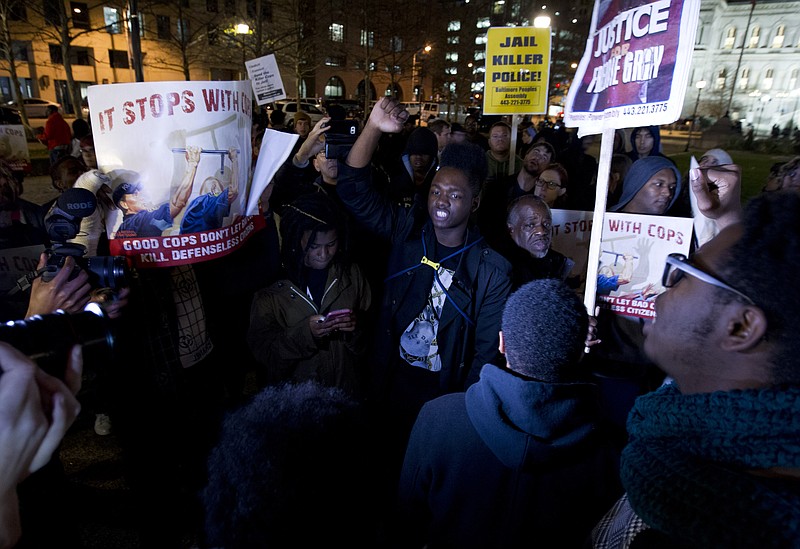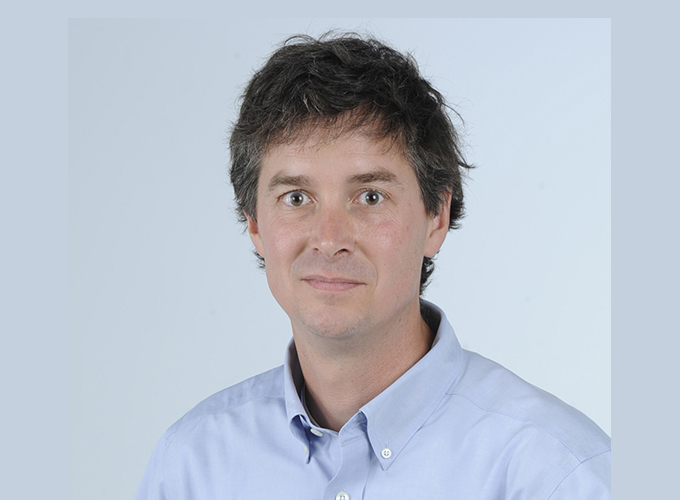View other columns by David Cook
Last week, Chris Brooks, a local activist loved by the poor and despised by the rich, left Chattanooga for good, moving to a leased apartment in New York City.
(Across Chattanooga, men with top hats and monocles rejoice. Finally! He's gone! Jeeves, more champagne!)
Brooks' departure is the moral equivalent of a factory closing its doors. Democratically, Brooks was a civic builder, a principal architect behind Chattanooga Organized for Action, which resurrected a vocal, provocative, gutsy activism in our 21st century Chattanooga. Partnering with folks across the city, Brooks, barely 30, was one of our best organizers: honest, inviting, tough as they come.
The union fight at VW. Hill City and Normal Park. Justice schools. Affordable housing. Occupy Chattanooga. Domestic partner benefits. Black Lives Matter. Teacher autonomy.
More online
Please visit timesfreepress.com/povertypuzzle for a comprehensive multimedia presentation that includes additional videos, graphics and multimedia elements.
"You can't be neutral on a moving train," the historian Howard Zinn wrote.
Brooks, an elder in the Presbyterian church, understood not only the train, but who was driving and where it was headed. Being with him was like Dorothy seeing the Oz curtain swing back; he helped reveal, explain, expose the systems, workings and themes of our late-capitalist society.
"We need to practice imagining a better world," he'd say.
Such work can be a lonely road, and not enough attention is paid to burnout rates among local activists, or nonprofit folks either. One Christmas, I remember asking Brooks what he wanted; enough money to go to the dentist, he answered.
Through it all, he was fiercely loyal and unendingly kind. Being his friend was an education and blessing; so many, many people will here tell you that.
"A friend who shaped my life in so many ways," one woman said.
"Chattanooga has lost such an incredible guy," said another.
In New York, he's working in the labor movement. To reach his office, he walks through blocks of diversity, color and Big Apple panache; he's near the home of the original Catholic Worker, where Dorothy Day and Peter Maurin, both Christian pacifists, labored to create a world where it's easier to do good.
That's the question, isn't it?
How do we create a world where doing good is easier?
In these dysfunctional days, which New York Times columnist David Brooks called "antipolitics," it seems our civic body has some illness, with symptoms ranging from anger, helplessness and fear. Doing good has become less important than staying safe, or winning the fight. Hence, Trump's candidacy. Hence, Trump's victories.
Across the world, authoritarianism is rising again. Global democracy is receding.
Yet to speak of democracy is not to speak of voting, county commissions or Super Tuesdays. Those things have their place, much like washing the dishes or mowing the lawn.
Democracy, at its best, is something far stronger.
"Strong democracy urges that we take ourselves seriously as citizens," political scientist Benjamin Barber writes in his book, "Strong Democracy."
Thin, weak democracy, as Barber calls it, is watered down, and encourages citizens to only do minor work in maintaining America. In thin democracies, our list of civic responsibilities is short. We vote, don't murder anyone, and pay taxes. It is a transference of power; we let other people do the heavy lifting.
Strong democracy demands more. Voting, as Barber discusses, should be the ground floor of a democracy, not the penthouse.
Unflappable democracies are maintained by engaged, thoughtful and, at times, rowdy citizens willing to do the long work of organizing, listening, strategizing and loving. Authority is questioned, challenged; communities built, supported; people protected, loved.
This is not a constant street fight. It is, however, an intentional series of decisions, actions and meditations rooted in the idea that no one is free until we are all free. Until nonviolence and mutual aid are normalized. Until there are enough monocles and champagne to go around.
"Support your local revolution," Brooks liked to say.
From here to New York.
David Cook writes a Sunday column and teaches at McCallie School. He can be reached at dcook@timesfreepress.com or 423-757-6329.

